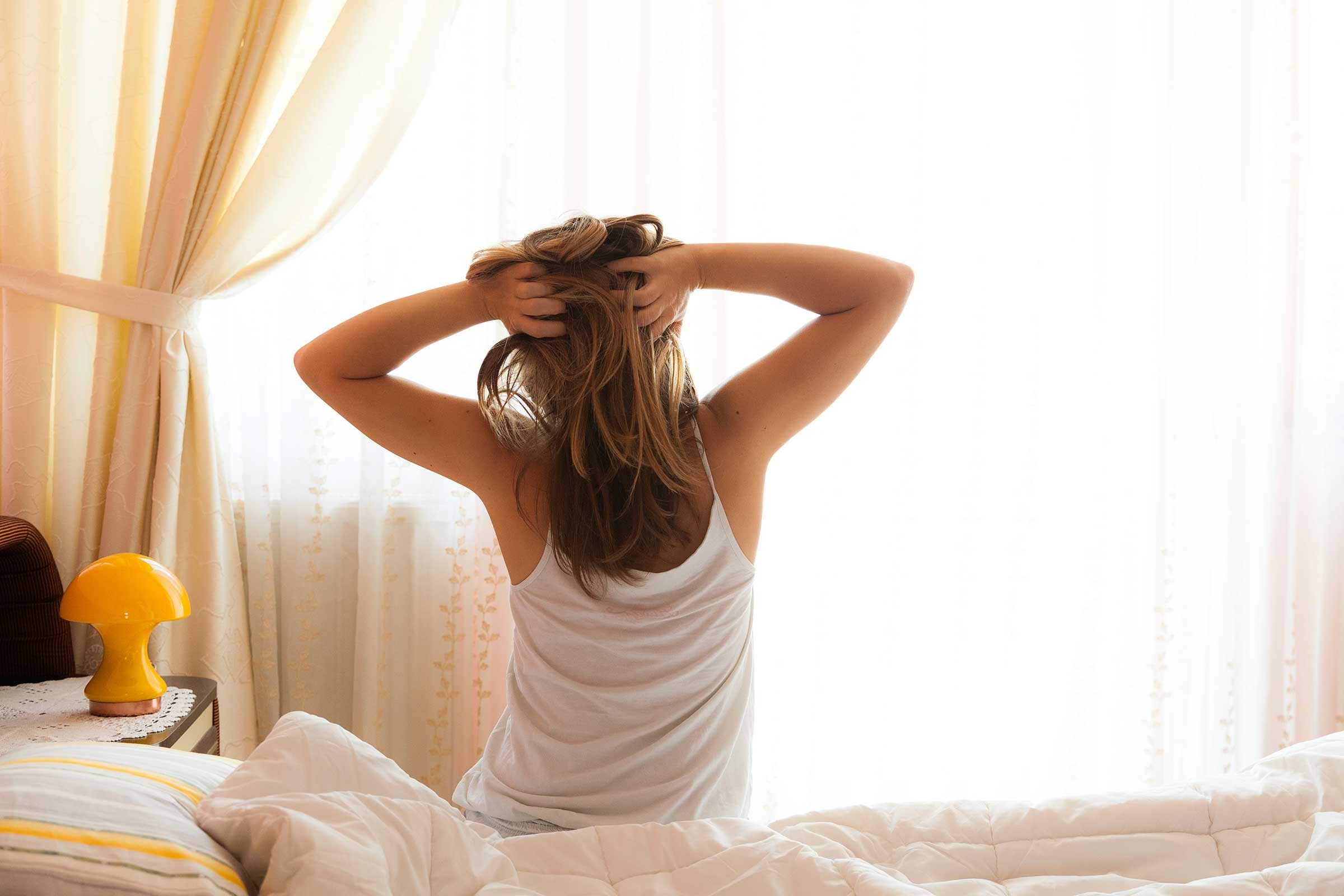
Whether you are or not, your body was designed to make you a morning person
Atlanta-based psychiatrist Tracey Marks, author of Master Your Sleep, told USNews.com, “We are supposed to be awake when it’s light outside and asleep when it’s dark outside.” Not an early bird? Your chronotype—what time you’re active—is determined in large part by your genes, but it can be influenced. Read on to see all the benefits. (Note: It’s fine if you can’t force change, according to sleep medicine expert and psychologist Michael Breus, who discusses night owl pros in the Huffington Post.) Try these effortless ways to become a morning person.
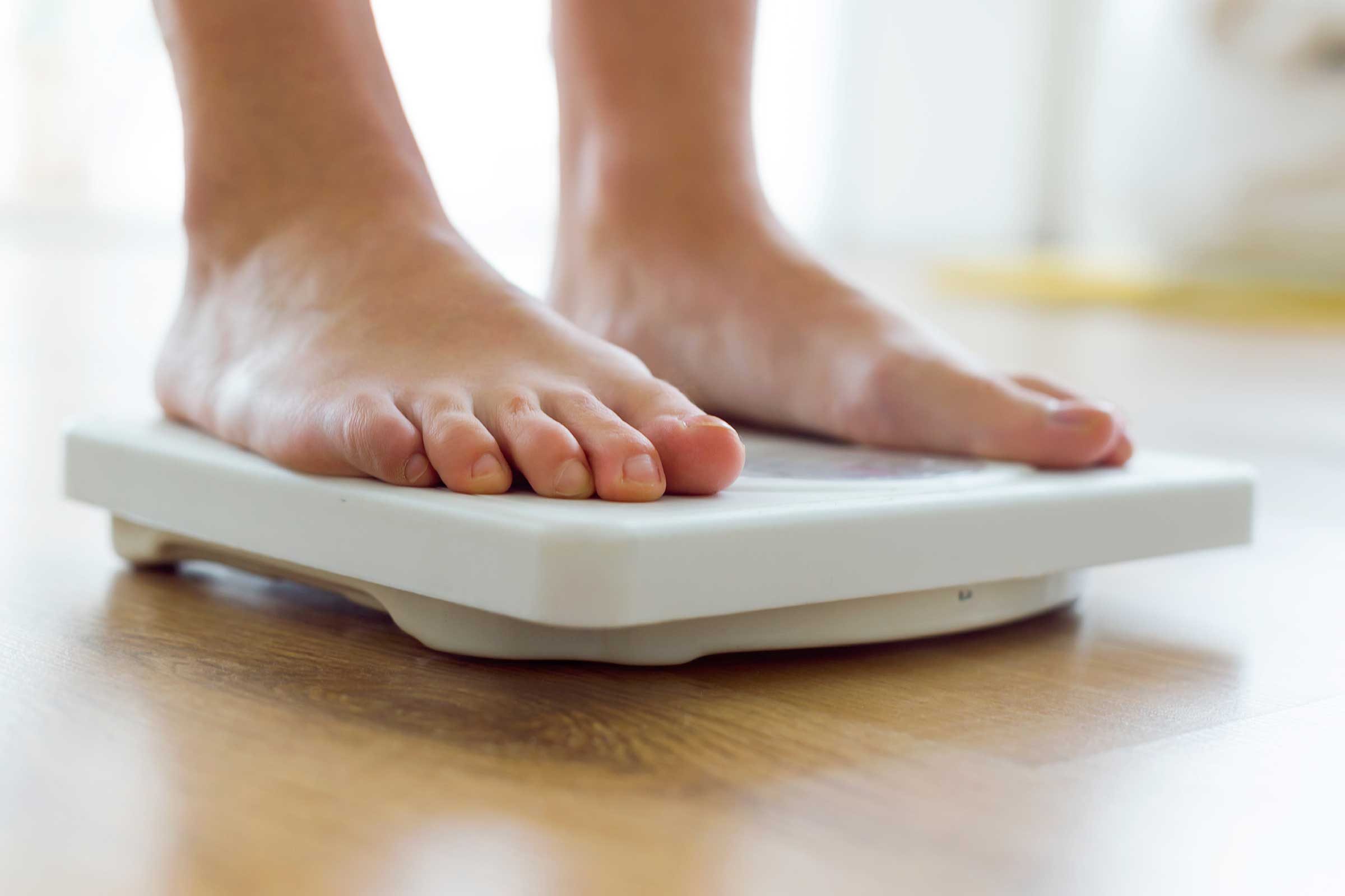
They’re thinner
The timing of your exposure to light can influence your weight, according to Northwestern University research published this past spring. People who got most of their light exposure for the day in the morning had a lower body mass index (BMI) than those who got most of their light later in the day. This was independent of how active people were or how many calories they ate. “Light is the most potent agent to synchronize your internal body clock that regulates circadian rhythms, which in turn also regulate energy balance,” study senior author Phyllis C. Zee, MD, told ScienceDaily.com. “If you don’t get sufficient light at the appropriate time of day, it could de-synchronize your internal body clock, which is known to alter metabolism and can lead to weight gain.” The message, she added, is to get more bright light between 8 a.m. and noon.
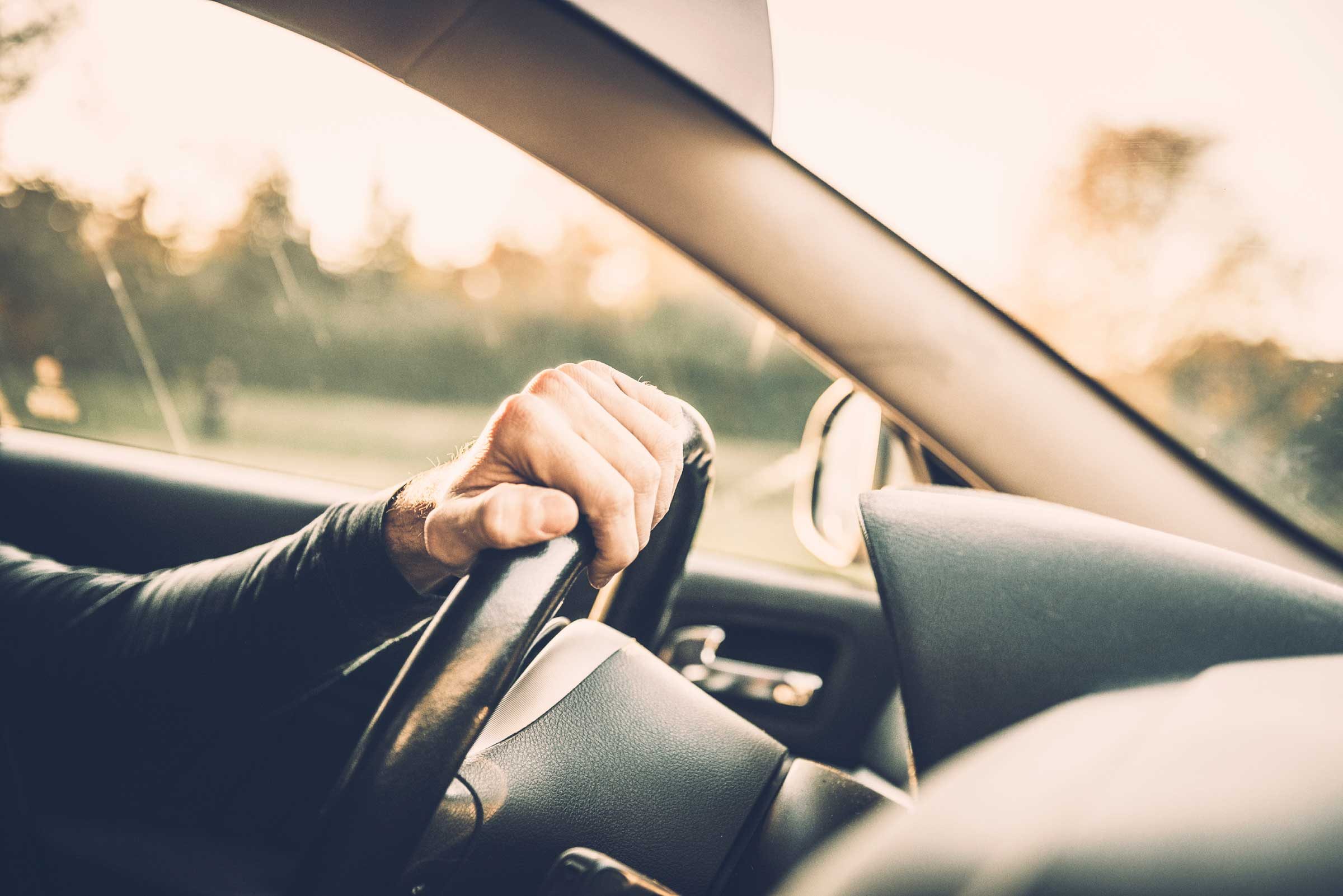
They’re safer drivers
When Spanish researchers asked night owls to drive at 8 a.m., not surprisingly they performed worse and paid less attention than when they did the same driving simulation at 8 p.m. However: When early birds did the same experiment, they performed consistently well during both times of day. Why? Morning people tend to exhibit more detail-oriented, conscientious traits that may serve them well even when they’re driving at night. The researchers suggest that managers hiring for certain businesses/professions—airline pilots, surgeons, nuclear power-plant supervisors—should screen employees to see whether they are morning or evening types and schedule their hours accordingly.

They’re more proactive
When Harvard biologist Christoph Randler surveyed undergrad students a few years ago, he found morning people were more likely to agree with statements that reflect a go-getter mentality, such as “I spend time identifying long-range goals for myself” and “I feel in charge of making things happen,” Harvard Business Review reported. “Though evening people do have some advantages—other studies reveal they tend to be smarter and more creative than morning types, have a better sense of humor, and are more outgoing—they’re out of sync with the typical corporate schedule,” he told HBR. “When it comes to business success, morning people hold the important cards… A number of studies have linked proactivity with better job performance, greater career success, and higher wages.”

They’re happier
When University of Toronto researchers surveyed more than 700 adults on their sleeping habits, mood, health, and other questions, they found that morning people (who naturally get up around 7 or earlier) had up to a 25 percent increase in feelings of happiness, cheerfulness, and alertness, Prevention.com reported. “Their natural schedule more-closely conforms to the timetable of our 9-to-5 society,” study author Renee Biss told the site. Early exposure to morning light—which night owls can miss out on—may also boost energy and reduce depression risk. Try these tips for waking up in the morning without a struggle.
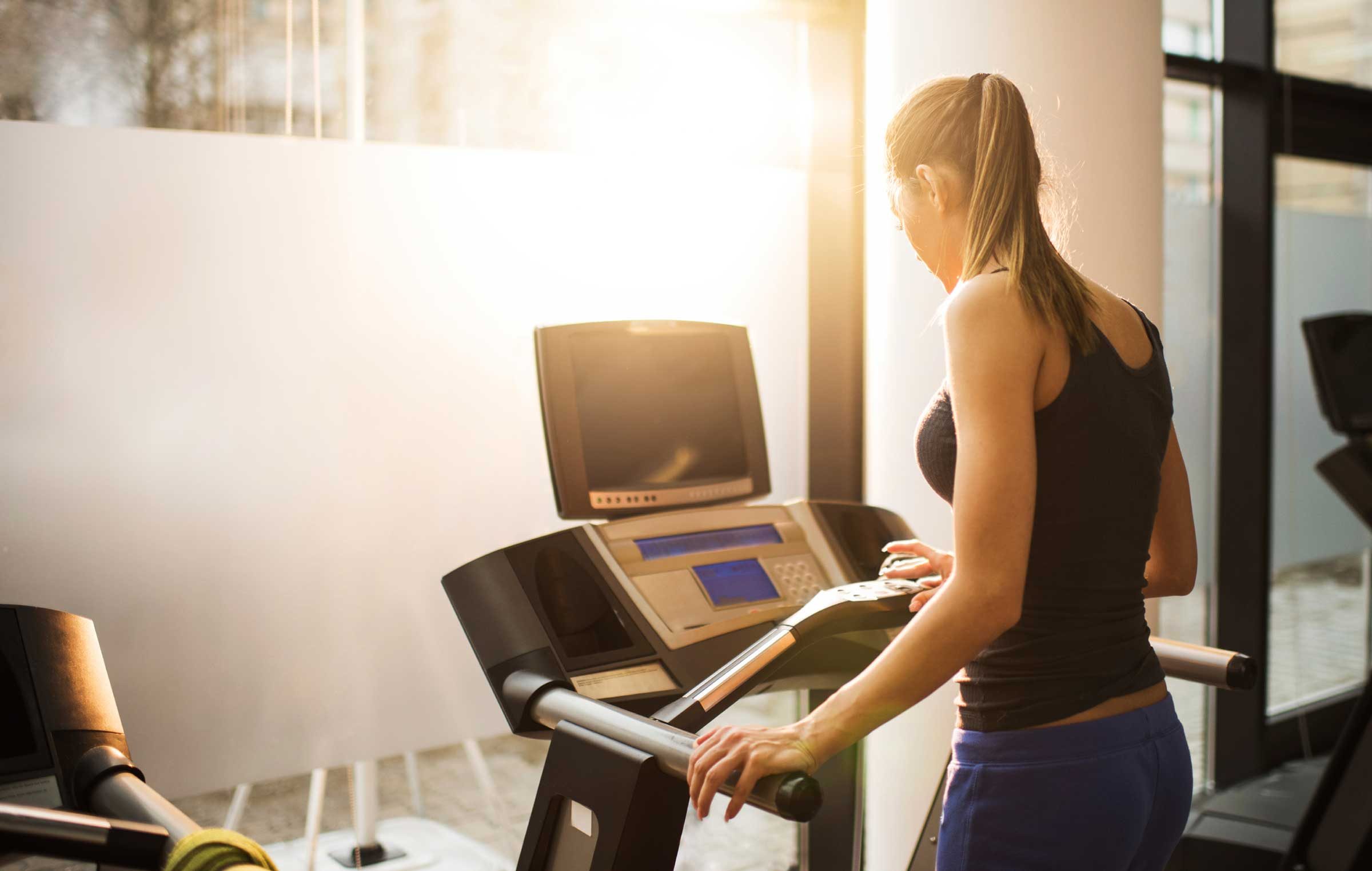
They exercise more consistently
Less likely to be derailed by an unexpected work deadline or a sluggish commute, people who exercise in the morning seem to maintain more consistent workout routines than those who break a sweat at other times of the day. “In terms of performing a consistent exercise habit, individuals who exercise in the morning tend to do better,” Cedric Bryant, PhD, chief science officer with the American Council on Exercise, said on OrnishSpectrum.com. Lara Carlson, PhD, associate professor of applied exercise science at University of New England and President-elect of the New England chapter of the American College of Sports Medicine, told WomensHealthMag.com “that if you’re looking to shed weight or improve overall health, studies are starting to favor the morning” for the best time of day to exercise. (Later workouts may prove more beneficial for people focused on athletic performance.)

Their bosses think more highly of their work
The early bird gets the worm at the office, a 2014 study from the Journal of Applied Psychology found. Supervisors perceive workers who clock in later as less conscientious than those who start earlier, even after researchers accounted for total work hours and objective reports of job performance. One big disclaimer: If your boss is a night owl and you are too, she will probably have a less negative impression. These are the different types of insomnia that are keeping you up at night.

They do better in school
A 2013 study of students at five German high schools found that evening types had lower grades than morning people, even after researchers accounted for their cognitive abilities, conscientiousness, and motivation to do well in school. Even in college, when students may have more control over their class schedules, early birds still triumph. One study of more than 800 students found that early risers had a GPA that was a full point higher than that of their night owl peers (3.5 vs. 2.5). “It’s easier to get to your classes on time and study if you get up earlier,” study author Daniel J. Taylor, PhD, associate professor of psychology at the University of North Texas in Denton, told WebMD.com. He also noted that students going to bed earlier may be less likely to drink excessively or do other activities that could hinder academic performance.
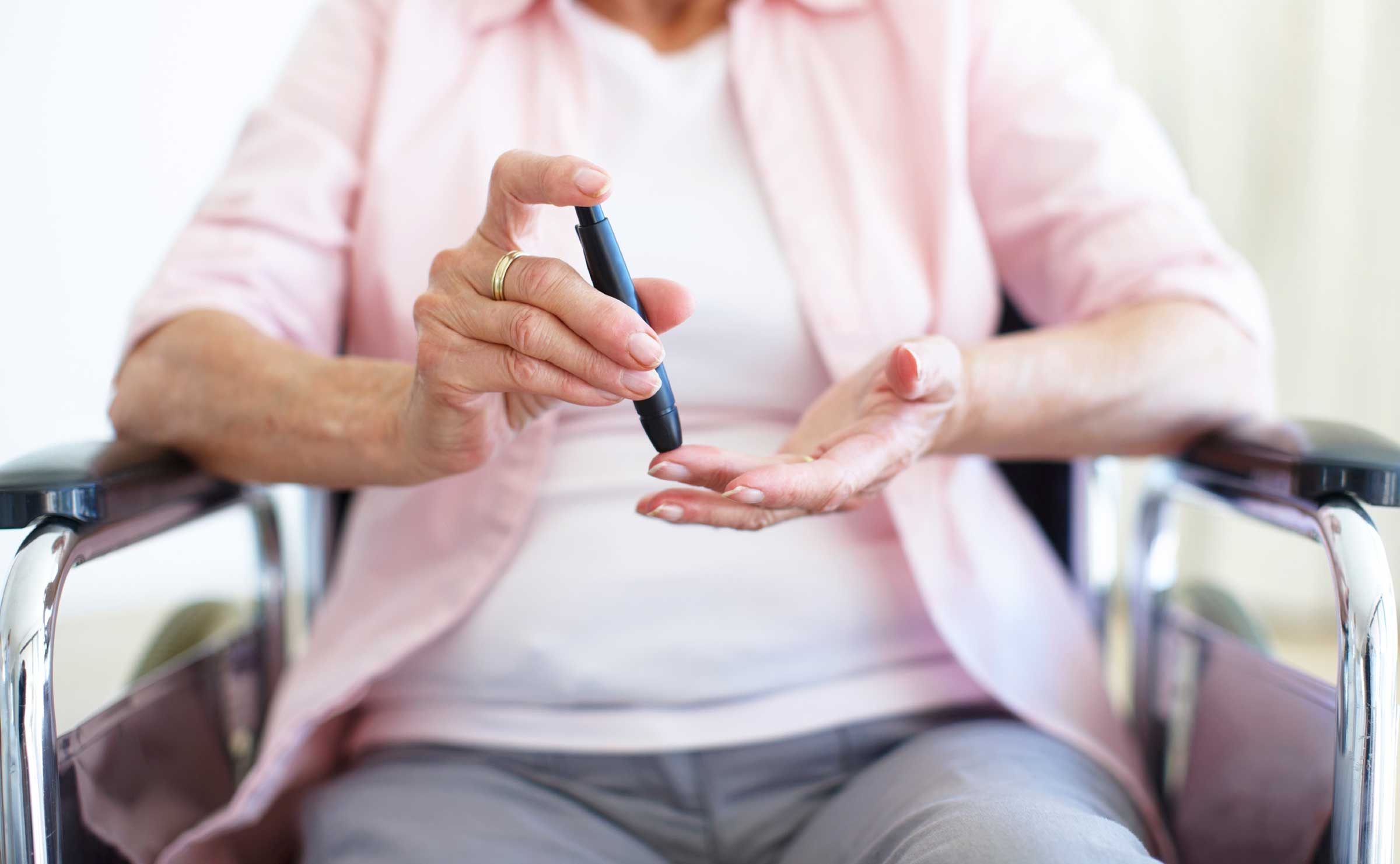
Those with diabetes have healthier blood sugar numbers
A late bedtime may be bad for your blood sugar, studies show. Among Japanese adults with type 2 diabetes, night owls had higher HbA1C levels (a measure of blood sugar control), triglycerides, and LDL cholesterol than participants who woke up early. Previous studies have found that an off-kilter body clock, which is common among night owls, is linked to a number of related health problems, including coronary artery disease, metabolic syndrome, and impaired glucose tolerance, according to Medscape. Another point: Evening types are more likely to consume a higher percentage of their total calories at dinner or after dinner, which is also linked to metabolic problems. This is the first thing most people think about when they wake up in the morning.
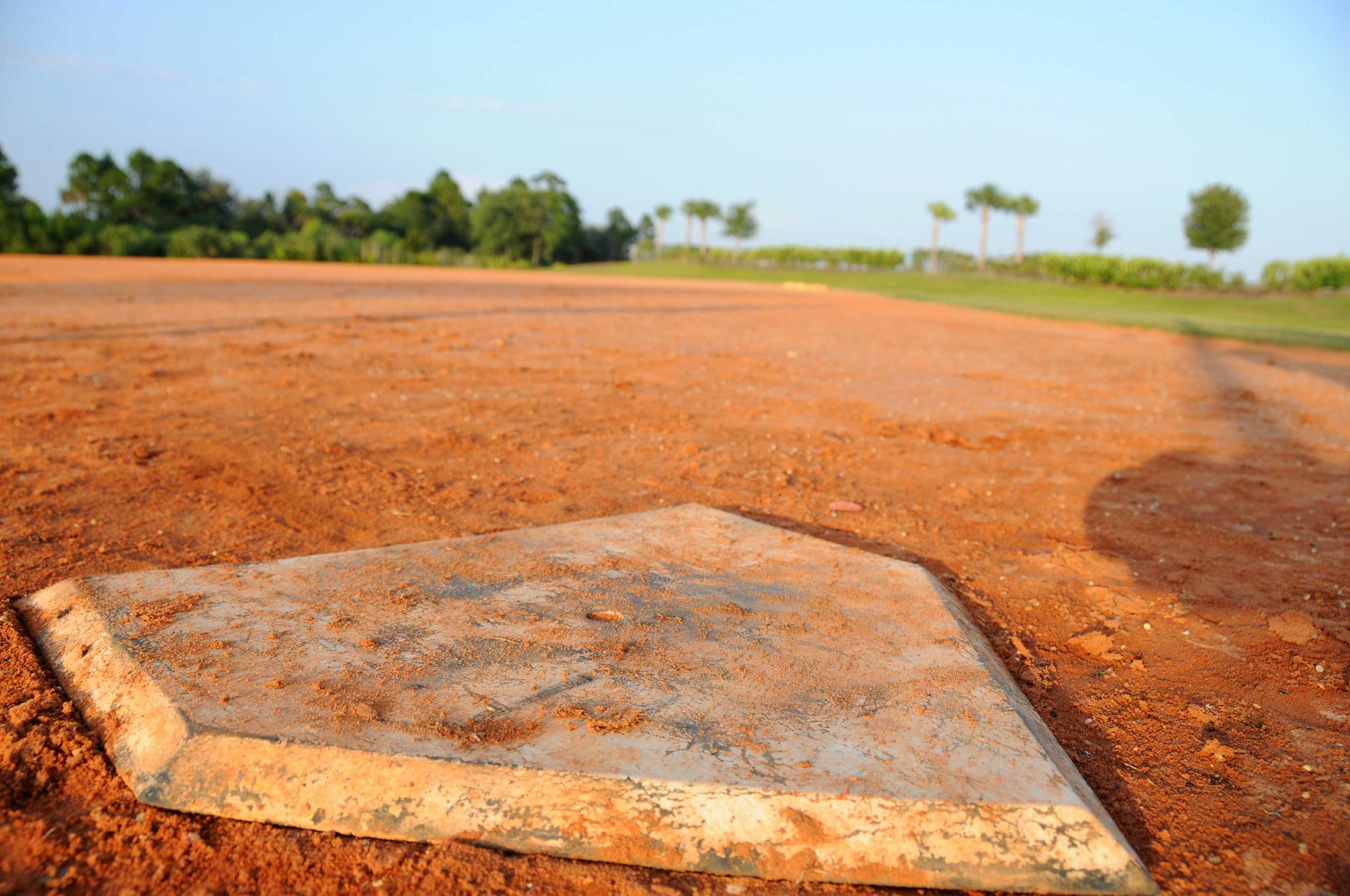
But …. They’re worse at baseball
Guess you can’t win them all: Morning people may be worse baseball players than evening types. Research on MLB players found that early birds get more hits during games that begin before 2 p.m.; evening types perform better when games start after 8 p.m. However, night owls tended to play better during their “off-peak” times, while early birds couldn’t compensate as well during night games, HealthDay reported. Try these ways to wake up happier every morning.